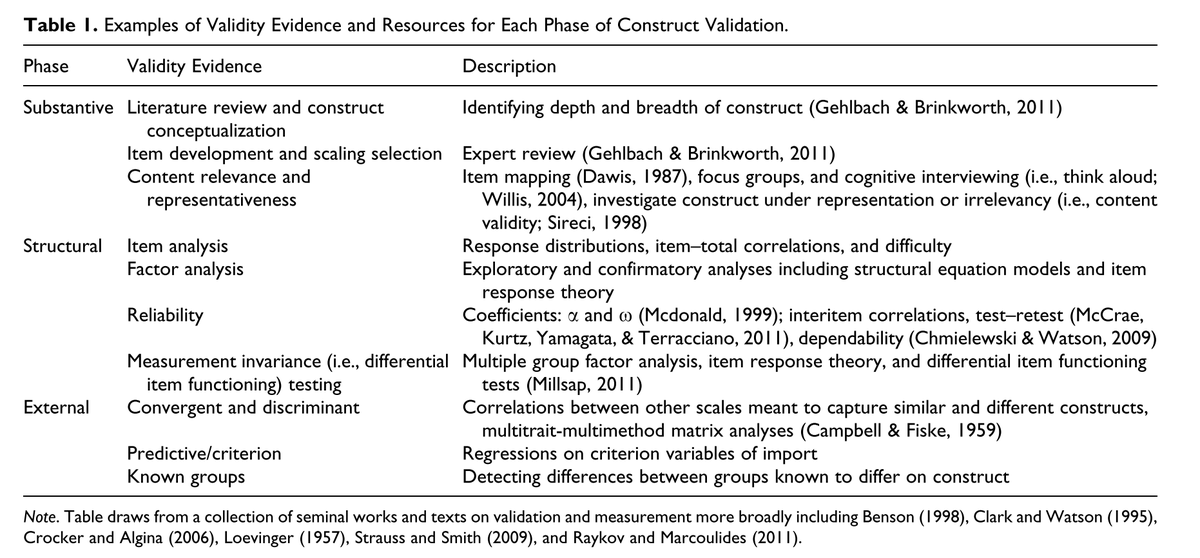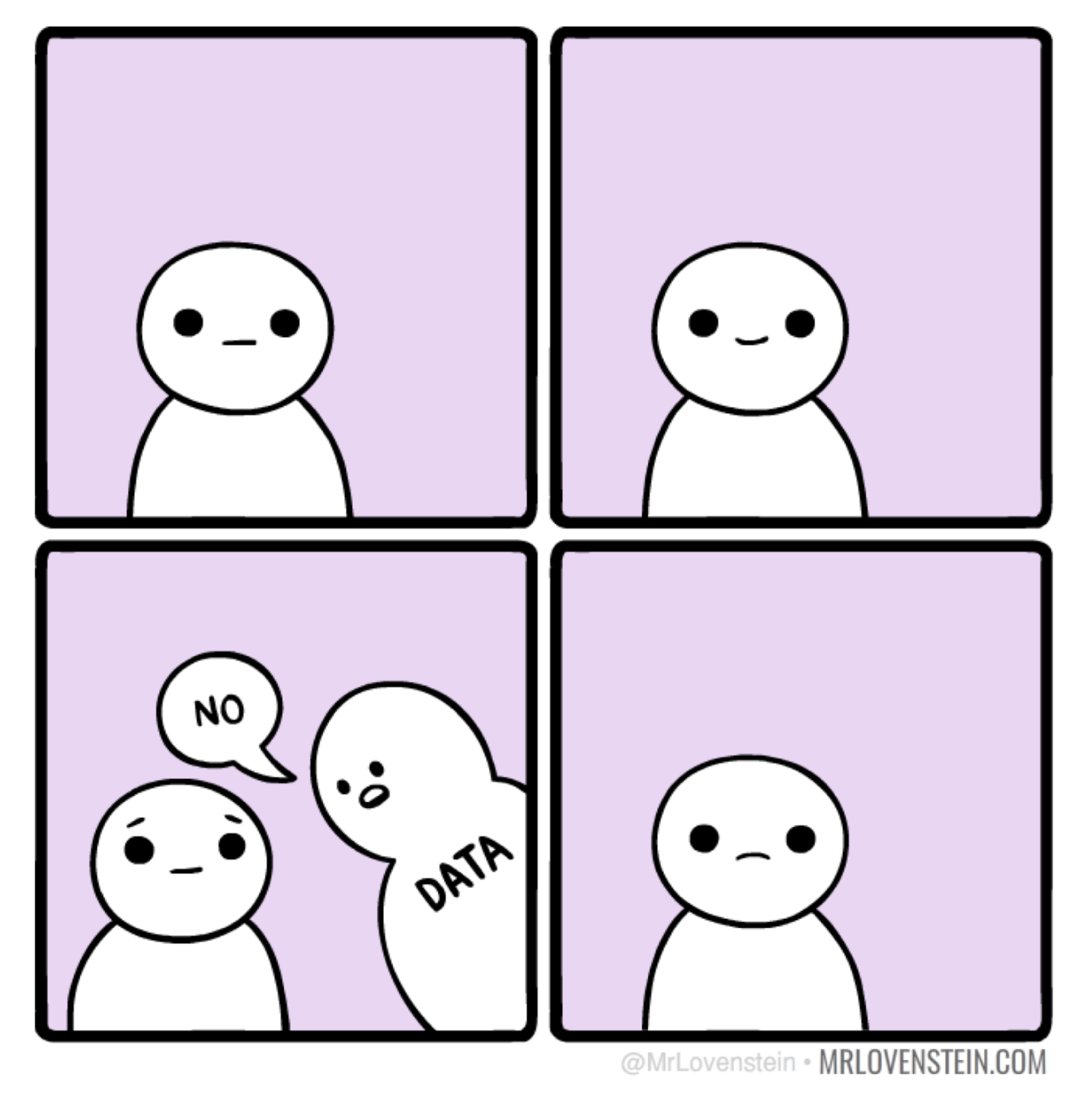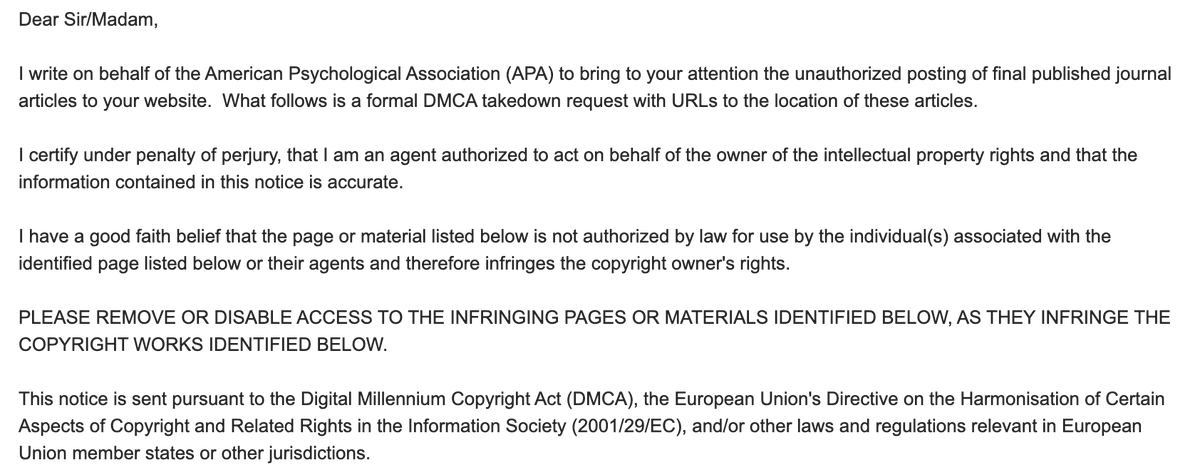
Journal just told me I can let 🐈⬛ out of 👜, so:
New paper "Lack of theory building and testing impedes progress in the factor and network literature" is in press at Psych Inquiry. This took a while to write—the first draft dates back to 2016.
New paper "Lack of theory building and testing impedes progress in the factor and network literature" is in press at Psych Inquiry. This took a while to write—the first draft dates back to 2016.
https://twitter.com/EikoFried/status/1262397176677912578
The most exciting aspect is that Psych Inquiry will publish many critical commentaries, including from the very people whose work inspired me to write the paper in the first place. Some of them, incl. @IrisVanRooij & @psmaldino, are even listed in the ack section of the paper. 

Here is Iris' preprint, together with @giosuebaggio:
https://twitter.com/IrisVanRooij/status/1288953085612744704
And here is a video of a ~50 minute talk I gave on the paper, invited by @hansijzerman.
corelab.blog/theorytalkeiko/
corelab.blog/theorytalkeiko/
• • •
Missing some Tweet in this thread? You can try to
force a refresh








